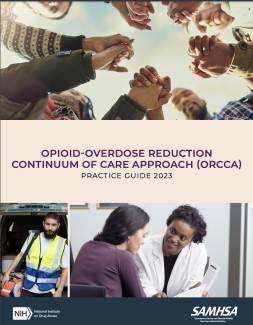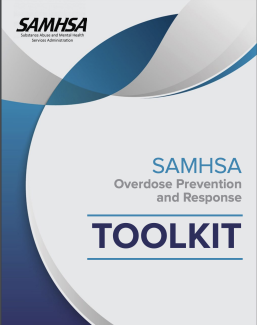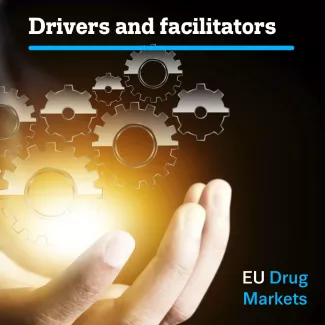Reunión de ISSUP Kenia con Mujeres en Intervenciones y Tratamiento de Salud Mental (WIMIT)

Pamela Kaithuru nos representó en una reunión exitosa con Women In Mental Health Interventions and Treatment (WIMIT). WIMIT está formado por mujeres que dirigen instalaciones que se ocupan de la prevención y el tratamiento de SUD, la mayoría de ellas destinadas a apoyar a las mujeres. Las deliberaciones incluyeron el fortalecimiento del profesionalismo mediante la capacitación, el aumento de la capacidad y el establecimiento de redes. Hubo una oportunidad para que sus miembros que no se habían inscrito como miembros de ISSUP lo hicieran.
La reunión fue gentilmente organizada por Susan Gitau ...





